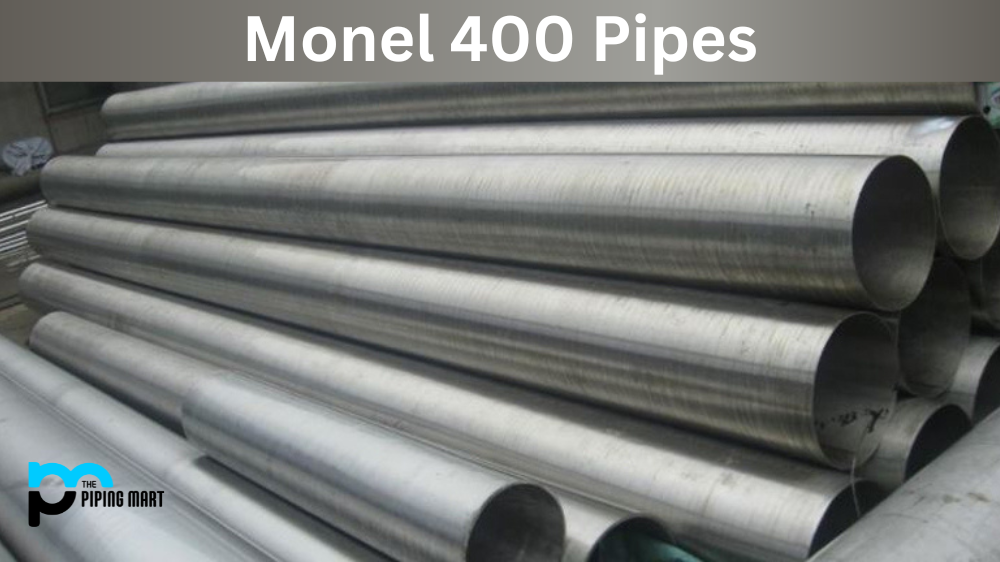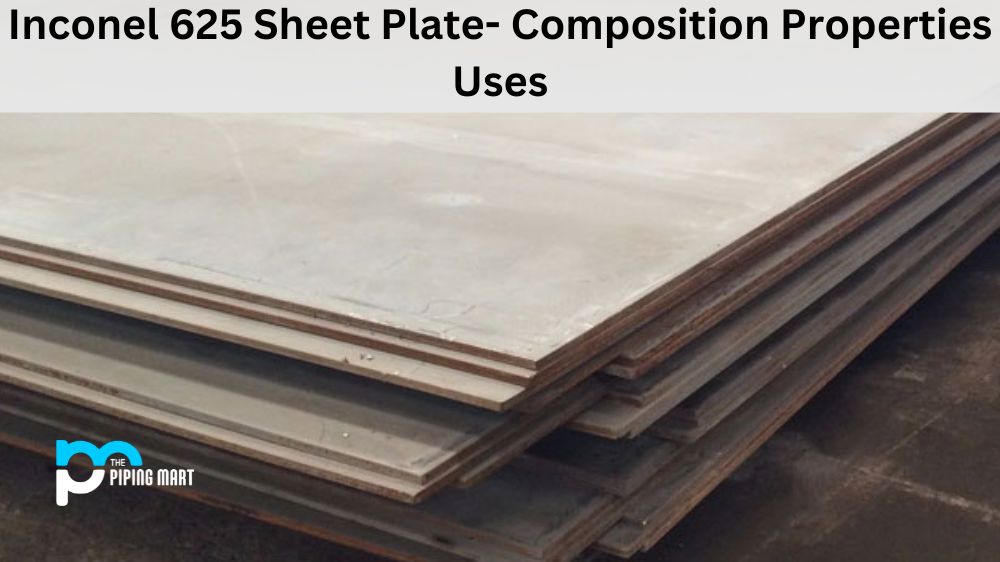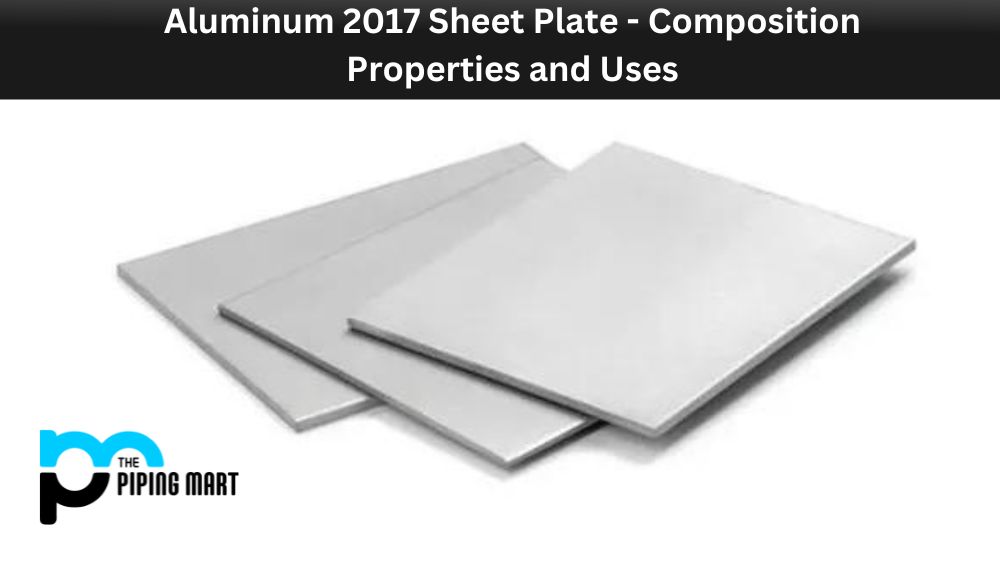Inconel 625 is a nickel-based alloy known for its excellent corrosion resistance and high-temperature strength. It is commonly used in aerospace, chemical processing, and power generation industries. One of the most popular forms of Alloy 625 Slip On Flange. This article will discuss the composition, physical and mechanical properties, uses, heat treatment, and corrosion resistance of Inconel 625 flanges.
What is Inconel 625 Flanges?
UNS N06625 BLRF Flanges are high-performance flanges made from a nickel-chromium alloy designed to be highly resistant to corrosion and oxidation in extreme temperatures. This makes alloy 625 flanges an ideal option for high-temperature applications where other types of metal would not perform as well, such as ocean water, chemicals, flue gas streams and more. They provide excellent strength and toughness even at cryogenic temperatures.
Alloy 625 Flanges Composition
Nickel Alloy 625 Weld Neck Flange comprise a combination of nickel, chromium, molybdenum, and niobium. The nickel content is typically between 58% and 71%. Chromium is present in a range of 20.0-23.0%, and molybdenum content falls within the 8.0-10.0% range. Niobium and tantalum are often added to improve corrosion resistance and mechanical properties.
| Grade | C | Mn | Si | S | Cu | Fe | Ni | Cr |
| Inconel 625 | 0.10 max | 0.50 max | 0.50 max | 0.015max | – | 5.0 max | 58.0 min | 20.0 – 23.0 |
UNS N06625 Flanges Physical Properties
ASME SB 564 flanges have a density of 8.44 g/cm3 and a melting point of 1290-1350°C. They have a thermal conductivity of 9.8 W/mK at room temperature and a coefficient of thermal expansion of 12.8 x 10-6 /K at 20-100°C.
Nickel Alloy 625 Flanges Mechanical Properties
ASTM B564 flanges have excellent mechanical properties, high tensile strength and fatigue resistance. The minimum tensile strength for Incoloy flanges is 830 MPa, while the minimum yield strength is 415 MPa. The elongation at break is between 30-35%. The alloy exhibits excellent fatigue properties, even at high temperatures.
| Element | Tensile Strength | Yield Strength (0.2%Offset) | Elongation | Density | Melting Point |
| Inconel 625 Flanges | Psi – 1,35,000 , MPa – 930 | Psi – 75,000 , MPa – 517 | 42.5 % | 8.4 g/cm3 | 1350 °C (2460 °F) |
ASME SB 564 N06625 Blrf Flanges Equivalent
| STANDARD | WERKSTOFF NR. | UNS | JIS | BS | GOST | AFNOR | EN |
| Inconel 625 | 2.4856 | N06625 | NCF 625 | NA 21 | ХН75МБТЮ | NC22DNB4MNiCr22Mo9Nb | NiCr23Fe |
ASTM B564 Flanges Uses
Uns N06625 Slip On Flange are widely used in the chemical processing industry due to their excellent corrosion resistance to aggressive environments. Alloy 625 Flanges are also used in the aerospace industry in structural applications because of their high strength and toughness. Inconel 625 flanges are commonly used in power plants and other high-temperature applications such as gas turbines and heat exchangers due to their high resistance to oxidation and scaling.
2.4856 Flanges Heat Treatment
UNS N06625 BLRF Flange can be heat-treated by solution annealing at 980-1065°C, followed by rapid quenching in water or air. The Inconel alloy 625 can also be precipitation hardened by ageing at a temperature range of 550-620°C for a few hours.
N06625 Flanges Corrosion Resistance
Inconel 625 Socket Weld Flanges show excellent corrosion resistance to a wide range of corrosive media such as seawater, acids, and alkalis. They are highly resistant to pitting and crevice corrosion in chloride-containing solutions. This makes them an ideal choice for critical applications in the chemical processing industry.
Conclusion:
Inconel 625 flanges are widely used in various industries because of their excellent corrosion resistance and high-temperature strength. They comprise a combination of nickel, chromium, molybdenum, and niobium. Inconel 625 flanges have excellent physical and mechanical properties, including high tensile strength, good fatigue properties, and excellent corrosion resistance. They are commonly used in the chemical processing, aerospace, and power generation industries. Alloy 625 Weld neck flanges can be heat treated by solution annealing or precipitation hardening for improved mechanical properties. These flanges are highly resistant to corrosion, making them an ideal choice for critical applications in the chemical processing industry.

Meet Bhavesh, a seasoned blogger with a wealth of knowledge and experience. From metal products manufacturing to retail, Bhavesh has a diverse background in various industries and is dedicated to sharing his insights and expertise with readers.




